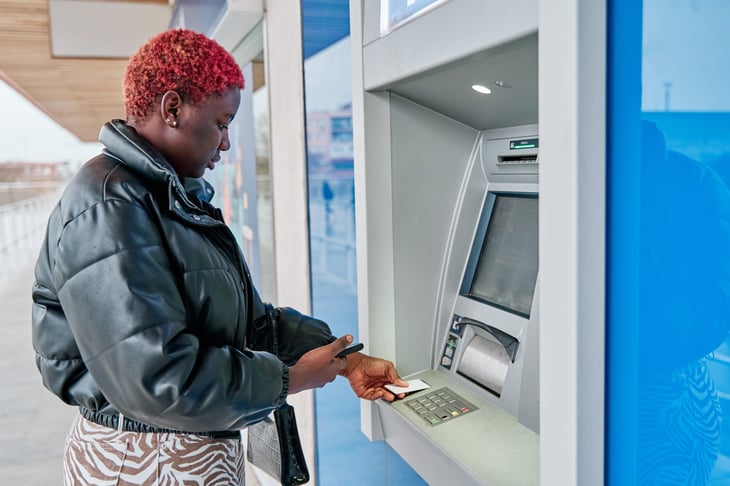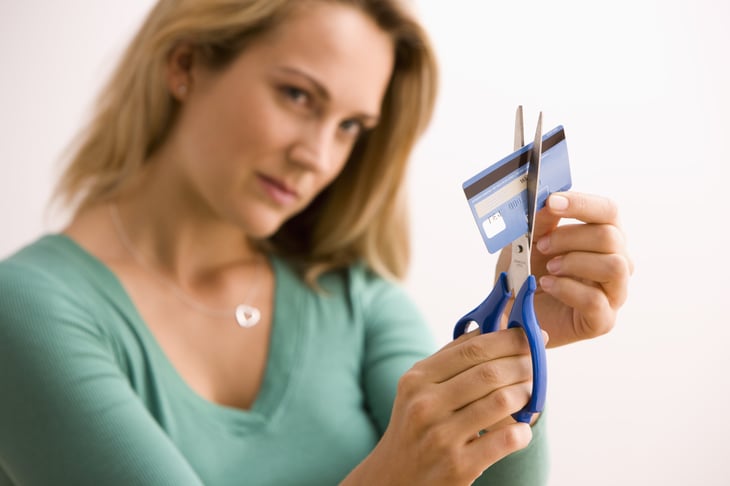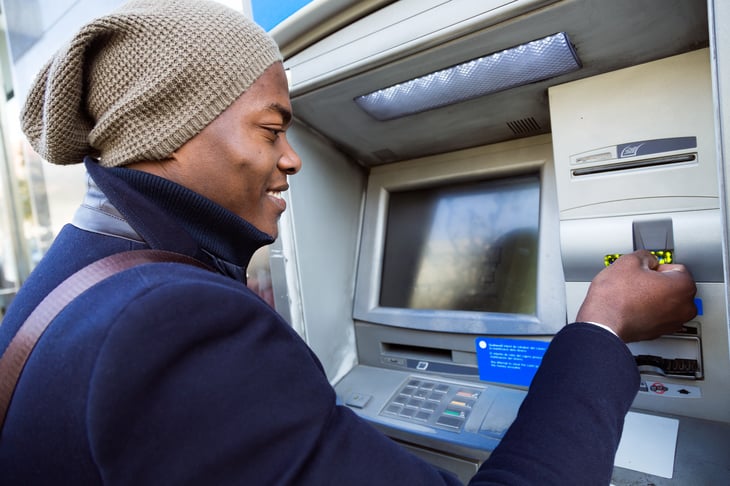
Whether you’re a financial novice or an expert, using either debit cards or credit cards exclusively isn’t your best option. Maintaining financial wellness involves discerning which option is best situationally.
Credit cards offer unique rewards, flexibility and a financial safety net, and are essential when building credit. But convenience isn’t always king. Credit cards can also come with interest, fees and debt. Credit cards, despite all of their great uses, have pitfalls that debit cards don’t.
In many situations, the straightforward nature of debit cards can not only outweigh the advantages of credit cards but can also be the more responsible choice. There are many moments where reaching for your debit card is the better option. Let’s take a look at those.
When you shop at small businesses

Credit card rewards are an attractive benefit for users, and they’re often funded by processing fees banks charge the merchants. These fees can be a bigger burden to small businesses, especially those who may be struggling to get by.
Merchants could tack these processing fees onto the customer’s bill, refuse to accept credit cards as payment, or set up minimum purchase amounts so the fees are more worthwhile. With each of those circumstances, though, you’re essentially paying for your own credit card rewards. So you might as well pay with your debit card so both you and the small business can avoid the extra 1.5% to 3.5% charge.
When you’re prone to overspending

If you are susceptible to impulsive purchases or struggle to stick to a budget, a debit card can act as a financial safeguard. Cutting off your access to credit cards stops you from spending money you don’t have, taking on debt, and accumulating interest or late fees. Driving up your required monthly payments won’t help with your budgeting, either. If overspending is a problem for you, a debit card’s inflexible spending limit can help.
When budgeting is confusing

When all of your money leaves from a single account it’s much easier to get a clear picture of your finances. You don’t have to shuffle money around or come up with new ways to track your spending — it’s all right there when you log into your bank account.
Many banks even have free budgeting tools built into their apps, eliminating the need for complicated budgeting systems or paying for budgeting apps.
When you have bad or no credit

Obtaining credit cards hinges on your credit history, with banks often denying those who have bad credit or no credit. There are situations where a bank could decline your request to open a checking account, like if you have a history of excess overdrafts, according to the credit reporting company Experian. But it’s unlikely that a bank would deny you a checking account, which nearly guarantees you debit card access.
And again, if you have bad credit due to poor spending choices, sticking to debit cards prevents you from taking on more debt.
When you need cash

ATM fees are annoying, but they’re avoidable. Using an ATM at a bank other than your own can net an average fee of $4.73 per ATM transaction, but by only using ATMs within your bank’s network, you can completely bypass those fees.
However, there’s generally no way to get around the fees that come with cash advances through credit cards. Most banks will charge you either 5% of the amount of cash advanced or $10, according to Experian. If you take out $1,000 via cash advance, that could mean $50 in fees.





Add a Comment
Our Policy: We welcome relevant and respectful comments in order to foster healthy and informative discussions. All other comments may be removed. Comments with links are automatically held for moderation.